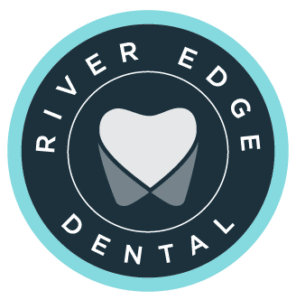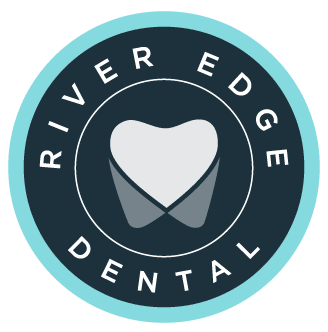Here are some guidelines for scaling/root planing postoperative care, although you should consult our team for specific instructions if you have received any of the following:
- Orthodontics
- Home Care After Dental Treatment
- Dental Implants
- Socket Graft
- Endodontics (Root Canal)
Wound Care: As a non-surgical procedure, you won’t have a wound per se or bandages, but you will have a treated area that will be sensitive and may bleed. To help soothe the treated area follow these instructions. Rinse your mouth 2-3 times a day with warm salt water (1 tsp salt/8-ounce water). If you have been prescribed a medicated or antibacterial rinse, use as directed.
There may be minor bleeding for the first two days. If bleeding persists past the second day or worsens, please contact our office.
Swelling: The treatment area may experience some swelling related to the disturbance of tissue. To reduce swelling and help control discomfort, you can apply an icepack or bag of frozen vegetables to the outside of the mouth near the treatment area. Apply for 20-30 minutes followed by 20-30 minutes of rest.
Numbness: You will likely still be numb after leaving our office. Do not eat or drink until the numbness wears off. This can help you avoid biting your tongue/cheek and spilling hot liquid on yourself.
Discomfort: If you’ve been prescribed a pain reliever, use it as directed. Otherwise, take over-the-counter pain relievers as necessary. If necessary, you can alternate acetaminophen (Tylenol) and non-aspirin nonsteroidal anti-inflammatory drugs (NSAIDs) to help control discomfort, but never exceed label recommendations for dosage unless instructed to do so.
Sensitivity to cold and heat in the treated area is normal but should diminish over the next few weeks.
Diet: Soft foods are best for the day of treatment. Also, avoid highly spicy and acidic foods. It’s important to keep eating a range of nutritious foods during your recovery. And stay hydrated.
You can return to eating foods as you feel comfortable, but for several days, avoid foods that produce sharp shards or narrow pieces that can slide between teeth and gums. This includes potato chips, corn chips, popcorn, and many similar snacks. Moderate alcohol consumption is allowed.
Smoking: Do not smoke within 48 hours of your treatment, as this can interfere with healing. Because smoking is associated with an increased risk of gum disease, quitting smoking can reduce the need for scaling and root planing in the future.
Activity: Any exercise that elevates your heart rate can increase bleeding. You can exercise the day of your procedure, but it’s best to keep it light.
Medications: Take any medications prescribed by your dentist per the instructions. If you have other prescription medications, inform us before the procedure and we will let you know if any of your routines need to be altered.
Oral Hygiene: Maintain your oral hygiene routine after your scaling and root planing procedure. Be gentle around the treated area when brushing and flossing. If necessary, you can use over-the-counter sensitivity toothpaste.
Watch For Complications: Complications after treatment are rare, but you should be alert to them. Notify us if you experience:
- Increasing pain
- Localized warmth or pus at the treatment site
- Fever
- Vomiting or nausea
- Increased bleeding or bleeding that doesn’t stop after two days
- Foul odor or taste from the treatment site
The sooner you notify us about potential complications, the more likely we can treat them to ensure positive results for your scaling and root planing. It is important to follow these instructions to ensure your recovery. For more information contact our office located in River Edge, NJ.




